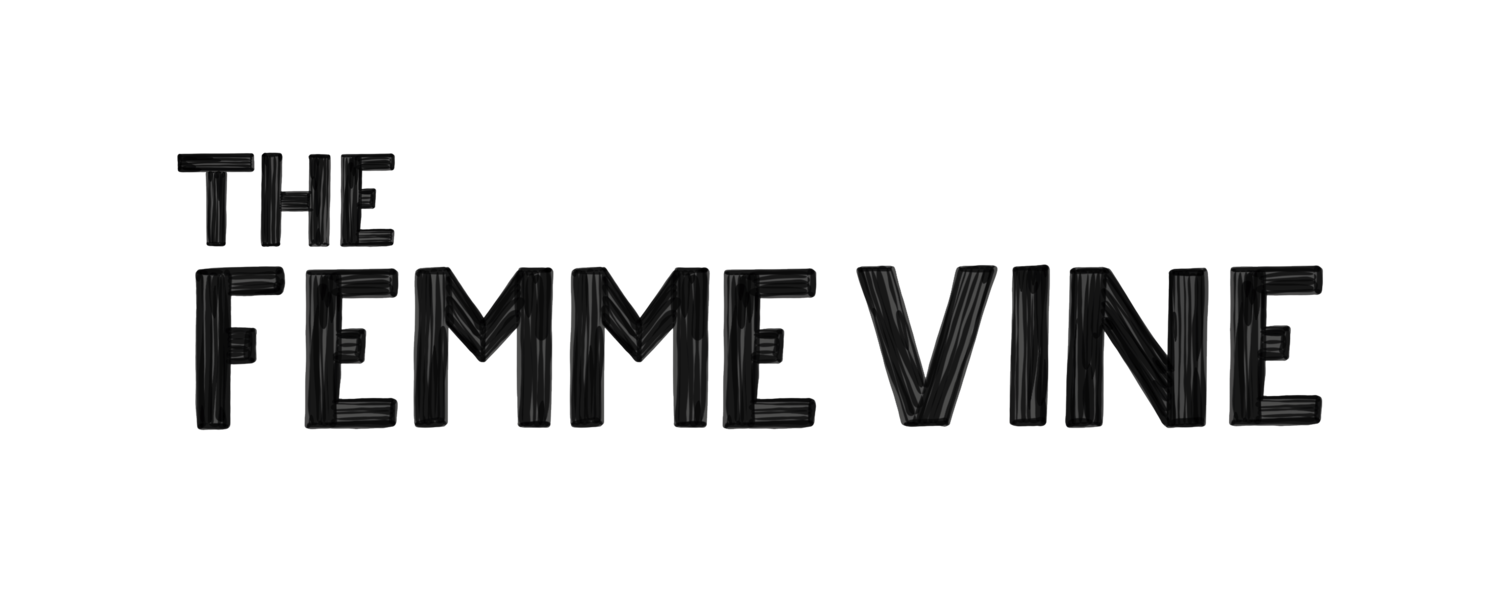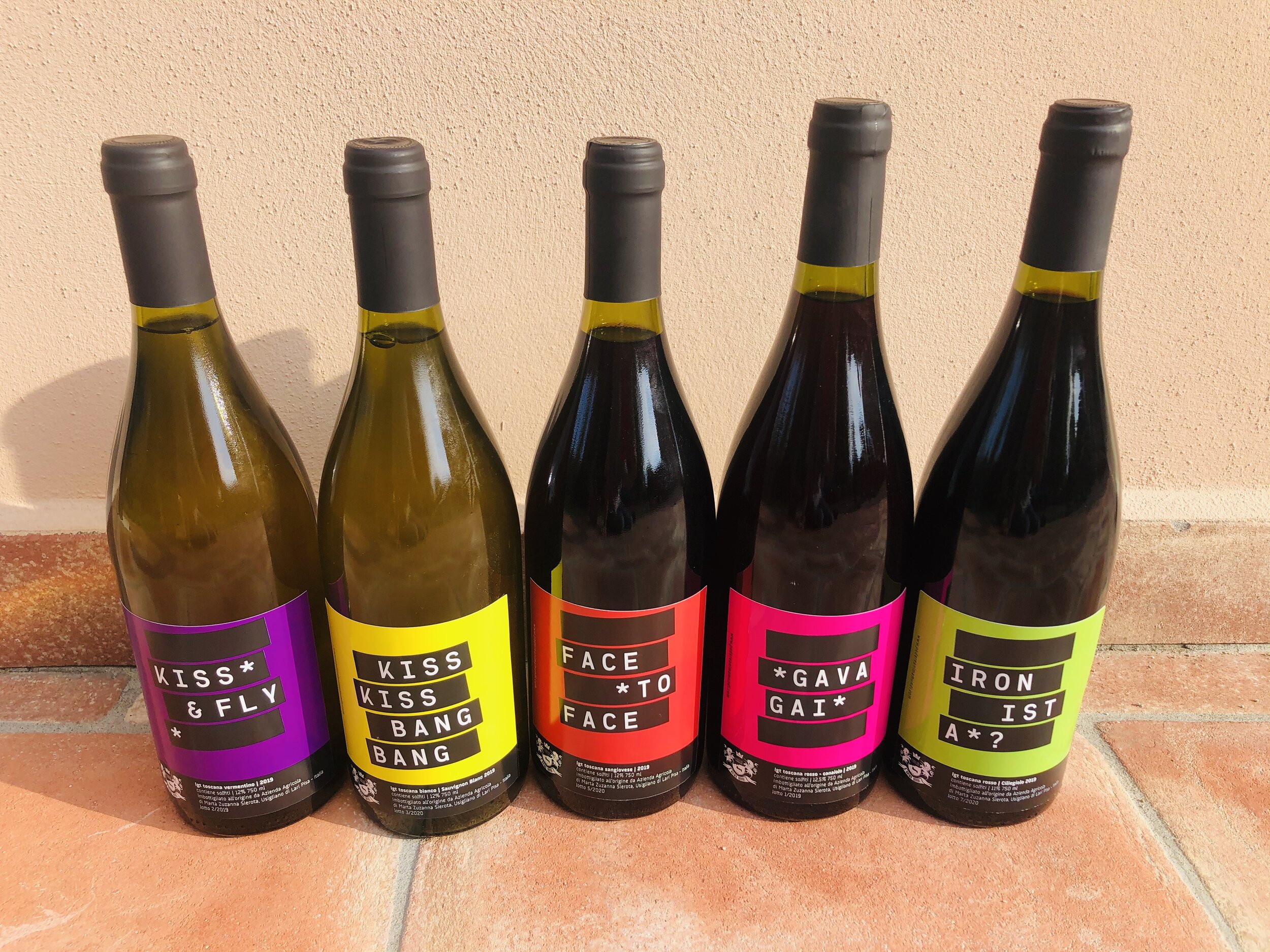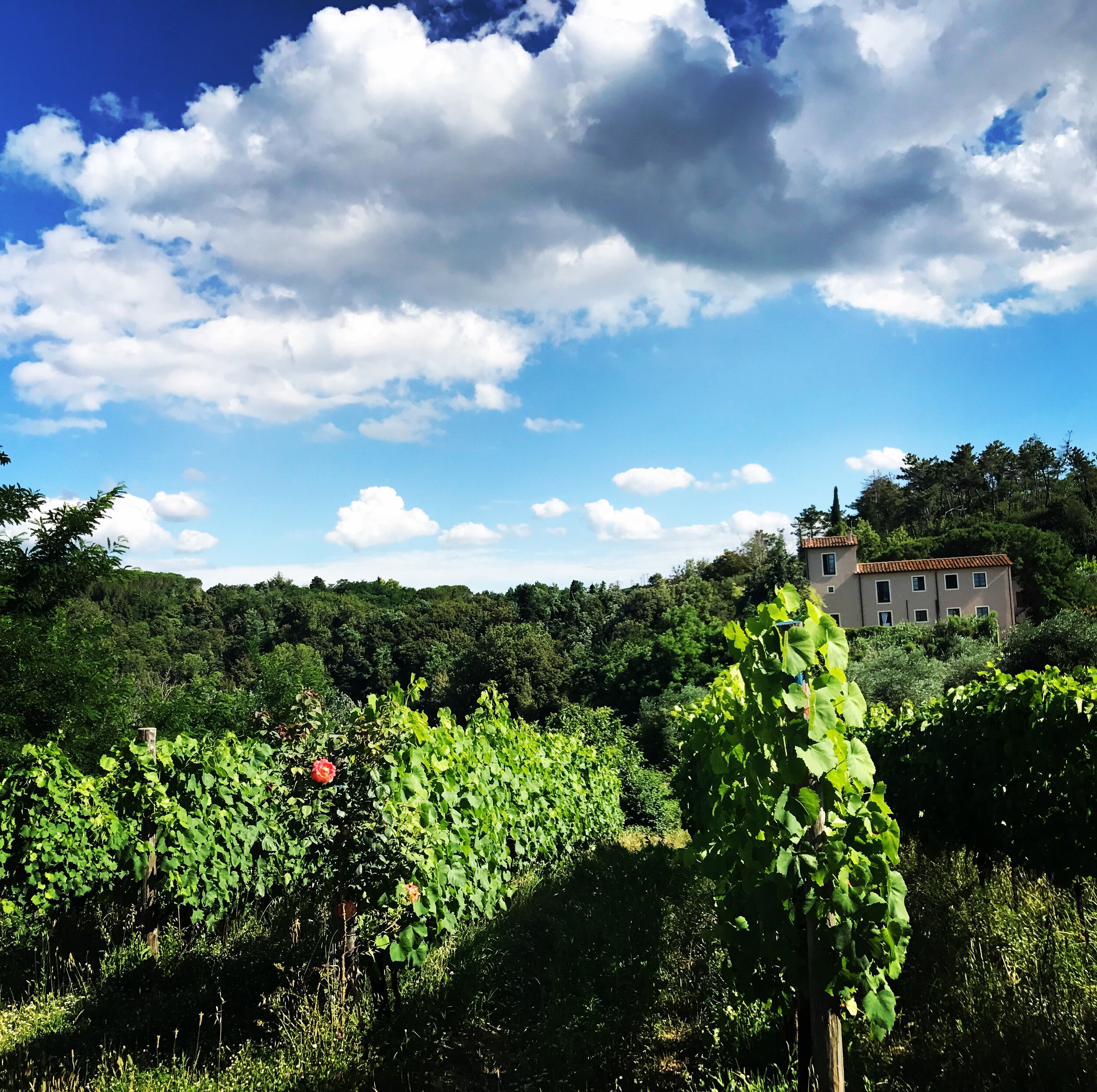Behind the vine
Marta Sierota - Podere Anima Mundi - Tuscany, Italy
When do you think you fell in love with wine, enough to make a career of it?
When I was a kid I was really into agriculture. Not just winemaking or wine growing, but agriculture. I love nature and I think I was a crazy ecologist from the very beginning, but it took me a while to understand what I actually wanted to do in my life. I think I was a little bit afraid because people told me agriculture is tough, which is true, but I think it was my passion from the beginning.
I went to university and got a PhD in Philosophy. I spent time teaching as a professor in France, but I was also really passionate about wine. I enjoyed drinking wine and I did a sommelier course, which I laugh about now. As I was teaching philosophy, I knew I loved the topic, but that life was not for me. I like to see the result of what I do. In agriculture you always see the result and you have to also accept that nature can be rough. I like that risk - it’s part of my character.
So in 2008, I moved to Tuscany and started to bring the abandoned vineyards around my new home back to life.
What story does your wine tell?
Wines should tell the stories of what's behind them. The concept at Podere Anima Mundi is that we have to cooperate with nature. In agriculture, usually we want to destroy a piece of land in order to plant something, and then we are really annoyed when we lose production. We don't think about biodiversity, or that we are part of the earth.
My philosophy is that we have to be more 'polite' to nature. So I decided to be in the forest, not destroy it. I follow the rules of the biodynamic agriculture at all steps of wine making and encourage biodiversity in the vineyard. We have bees and we have animals that are natural predators for what threatens the plants. Agriculture is not a natural state, but it is our responsibility as agriculturists to work with nature while producing what we need. I also only produce monovarietal wines, which I consider to be the best way to express the terroir of each grape and wine.
“In agriculture, usually we want to destroy a piece of land in order to plant something, and then we are really annoyed when we lose production. We don't think about biodiversity, or that we are part of the earth.”
— Marta Sierota
What misconceptions about wine do you think people should forget?
I think we’ve completely forgotten that wine is a hedonistic beverage. I don't like to see posh wines that seem to support the approach that wine is from and for rich people. Wine is special, but it is special because it should express the place, the story, the terroir. People get so serious about wine, but it should be fun. It should be all about enjoyment and the moment you find yourself in.
I am also against all the bureaucracy of wine pairing: that you have to take white wine with fish, etc. When you go to a restaurant, they’ll suggest you start with an aperitif, then white, but that represents a series of decisions that you have to accept rather than decide for yourself. Wine is all about your personal experience. No one can tell you what you like.
What great things about wine do you think people should remember?
The most beautiful thing about wine is its ability to always be surprising. This is especially true in natural wine where every year is different. In a conventional world, you have a product which follows protocol in the cellar, in the production and you standardize it so customers have the expectation of finding the same wine every year. But the most exciting part is the evolution. Every year is different, and probably the same wine will taste completely different two years after you first taste it. This is the nicest part of wine for me.
What is a piece of advice you would give to a woman interested in breaking into the wine world?
You really have to be a fighter. It seems that as a woman you always have to explain yourself. People always ask me where is the man, or where is your husband. Even at wine fairs, I get asked different questions than the men. It’s important to go for it and prove them wrong.
Who is a woman that inspired you?
We are still so few. There is an amazing woman making biodynamic wines in Piemonte - Marta at Auriel. She runs her winery and her land by herself - she specialises in the grape: Grignolino. It's an amazing experience to go there and see her in the cellar. It's also one of my favorite wines ever!
Where can women find your wine?
In the UK you can buy my wine at Sager + Wine. I also have an amazing importer in the US. Then I have a small importer in Ireland, and another importer in Quebec, and we have an importer in Poland and in Italy. Find your local option here.



